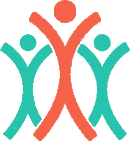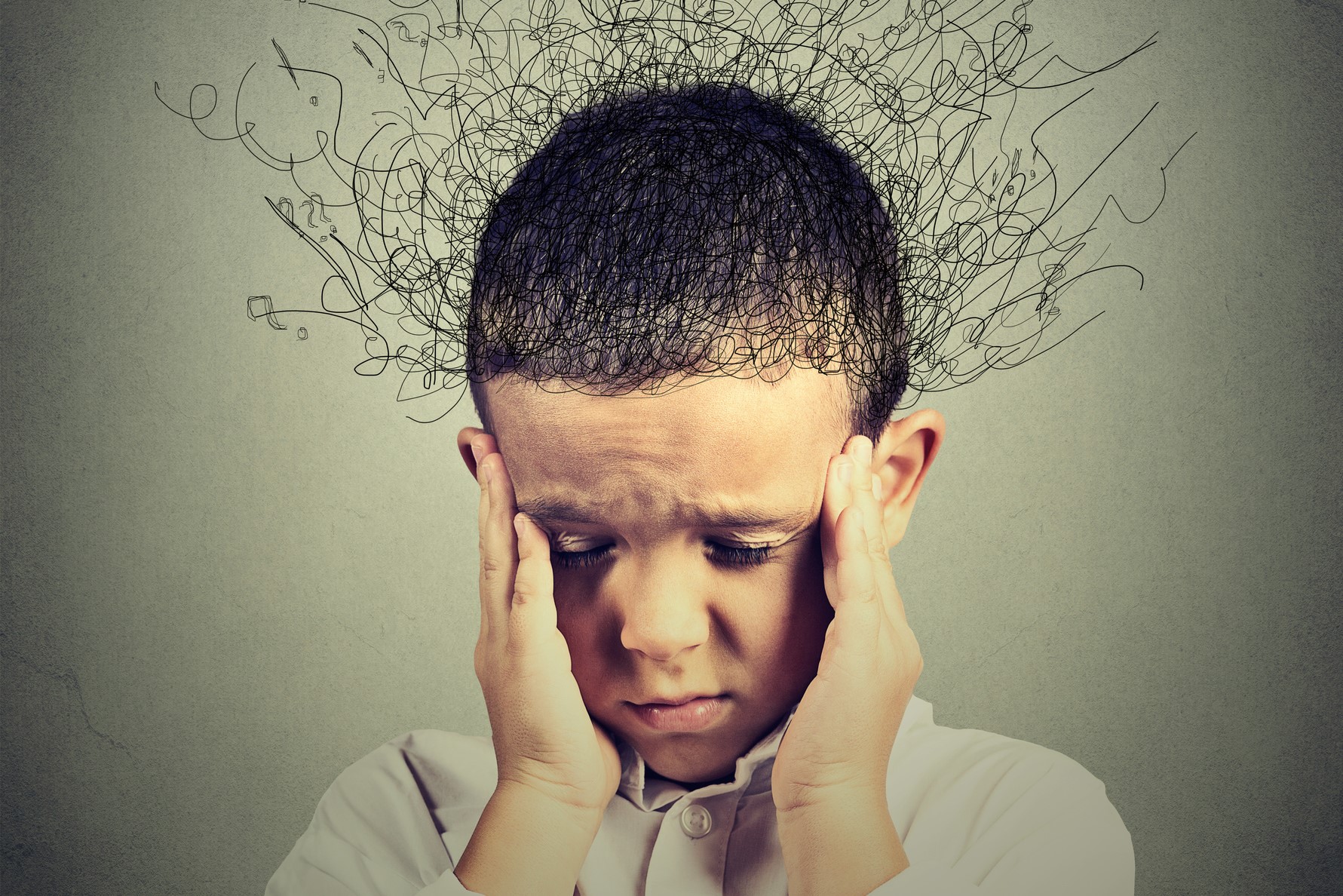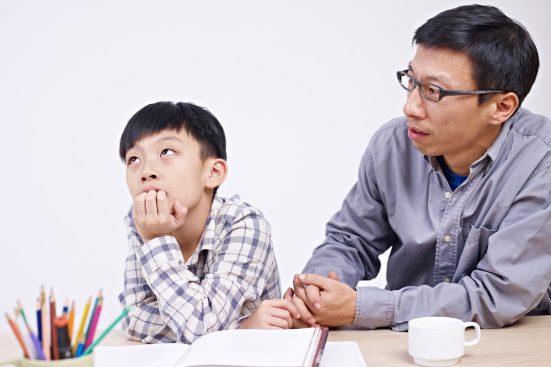Biting nails, picking noses, chewing clothes, licking lips, sucking pony tails…there are many little “habits” that children have which drive us crazy.
Usually these actions feel good for the child – they like the feeling, or it provides them with some small comfort when they are feeling worried or uncomfortable. After a while the habits become unconscious and the child doesn’t even notice doing them.
The Messenger interviewed me about this topic recently..and here were the tips I suggested for parents.
Ideas for helping children reduce physical habits:
Ask the child what they like about the habit or how it makes them feel to do it
Explain to the child your concerns about their habit and ask them if they would be prepared to try some ideas to reduce the habit
Record the triggers by keeping a chart to write down what was happening when the child started the behaviour.
Sometimes just helping the child keep a record of how often they do the habit can help reduce it all on it’s own (you might have a chart on the fridge, or counters in a jar, or keep up a little count with the child). See if they can “beat” their score the next day
Help the child find ways of talking about or coping with stress. Relaxation, drawing, doing problem solving exercises, talking, playing sport, seeing a counsellor, playing computer games, learning assertiveness skills, watching television can all be helpful strategies depending on the situation.
Help the child find actions they can do that relax them instead of the habit. For example, twirling thumbs, taking a deep breath, soft claps, tapping their fingers quietly and so on can be helpful
Rewards can help in some situations
Instead of a “do not” instruction, give a “do” instruction that is impossible to do while they are engaged in their habit. For example, instead of saying, “don’t bite your nails” gently say “hands in your lap”, or instead of saying “don’t suck your pony tail” say “breathe out slowly”.
If possible, make it difficult or unpleasant or “different” for the child to engage in the habit for a few weeks. For example, put tea tree oil on fingernails, tie hair back in a bun, put Vaseline on the tip of the nose, band aids over sores etc.Be patient. Unconscious habits can be tricky to break and anger can make a child’s anxiety worse, which can exacerbate the habit.
If these habits cause physical problems or seem to be linked with high anxiety, or if the child with quirky “habits” also seems to be delayed in other areas it is very important to get the child reviewed by a GP or health professional.
If you are interested, here’s link to the actual story



